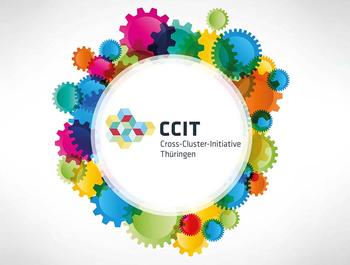The Cross-Cluster Weeks Thuringia were again a complete success in 2021 with almost 800 participants. Topics like sustainable production, new materials, energy transition, resource efficiency, on-site analysis and therapy of infections or digitalization were discussed in a cross-sectoral exchange…
Read more
